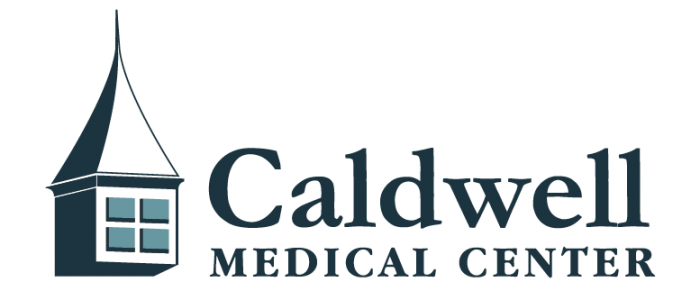As a patient you have the right to:
- Treatment without discrimination as to race, age, religion, sex, national origin, socioeconomic status, sexual orientation, gender identity or expression, disability, veteran status, or source of payment.
- Receive information in a manner that you understand.
- Participate in the development and implementation of your plan of care which includes at a minimum, the right to: participate in the development and implementation of your inpatient treatment/care plan, and participate in the development and implementation of your pain management plan.
- Have a family member or representative of your choice and your own physician notified promptly of your admission to the hospital. In the case that you are incapacitated, when an individual presents the hospital with an advance directive, medical power of attorney or similar document executed by you and designating an individual to make medical decisions for you when incapacitated, then the hospital will, when presented with the document, provide the required notice of its policies to the designated representative. The explicit designation of a representative takes precedence over an non-designated relationship and continues throughout the patient’s inpatient stay or outpatient visit, unless the patient ceases to be incapacitated and expressly withdraws the designation, either orally or in writing.
- Visitation privileges that will not be restricted, limited, or denied on the basis of age, race, color, national origin, religion, socioeconomic status, sex, sexual orientation, gender identity or expression, or disability.
- Receive or not receive any visitors you so choose. You also have the right to name a “support person” who can make decisions about visitors when you are not able. Your or the support person will be informed of any limitation on visitation rights.
- Personal privacy and confidentiality.
- Make informed decisions regarding your care. Your rights include being informed of you health status, being involved in care planning and treatment, and being able to request or refuse treatment.
- Receive care in a safe and secure setting.
- Confidentiality of your clinical records.
- Give or withhold consent.
- Receive information about the individual(s) responsible for, as well as those providing, your care, treatment, or service.
- Give or withhold informed consent to produce or use recordings, films, or other images of t he patient for purposes other than your care.
- Access information contained in your clinical records within a reasonable time frame.
- Have the organization protect and respect you rights during research, investigation, and clinical trials.
- Formulate advance directives and to have hospital staff and practitioners who provide care in the hospital comply with these directives.
- Be free from all forms of abuse, bullying or harassment, including physical, mental, sexual and verbal abuse, neglect and exploitation, and corporal punishment.
- Be free from restraint or seclusion, or any form imposed as a means of coercion, discipline, convenience, or retaliation by staff. Restraint or seclusion may only be imposed to ensure the immediate physical safety of you, a staff member, or others and must be discontinued at the earliest possible time.
- An environment that preserves dignity and contributes to a positive self-image.
- Have complaints be addressed and resolved by the hospital. The hospital must establish a process for prompt resolution of patient grievances and must inform each patient whom to contact to file a grievance.
- Access protective and advocacy services.
- Be informed about you responsibilities related to your care, treatment, or services.
- Be able to voice complaints about care, without being subject to discrimination or reprisal. Patients have the right to file a complaint with the Kentucky Cabinet for Health Services Office of the Inspector General at (270) 889-6052 if concerned about patient abuse, neglect, or misappropriation of property while in the facility or you may contact Joint Commission on Accreditation of Healthcare Organizations, One Renaissance Boulevard, Oakbrook Terrace, Illinois, 60181, (800) 944-6610.


